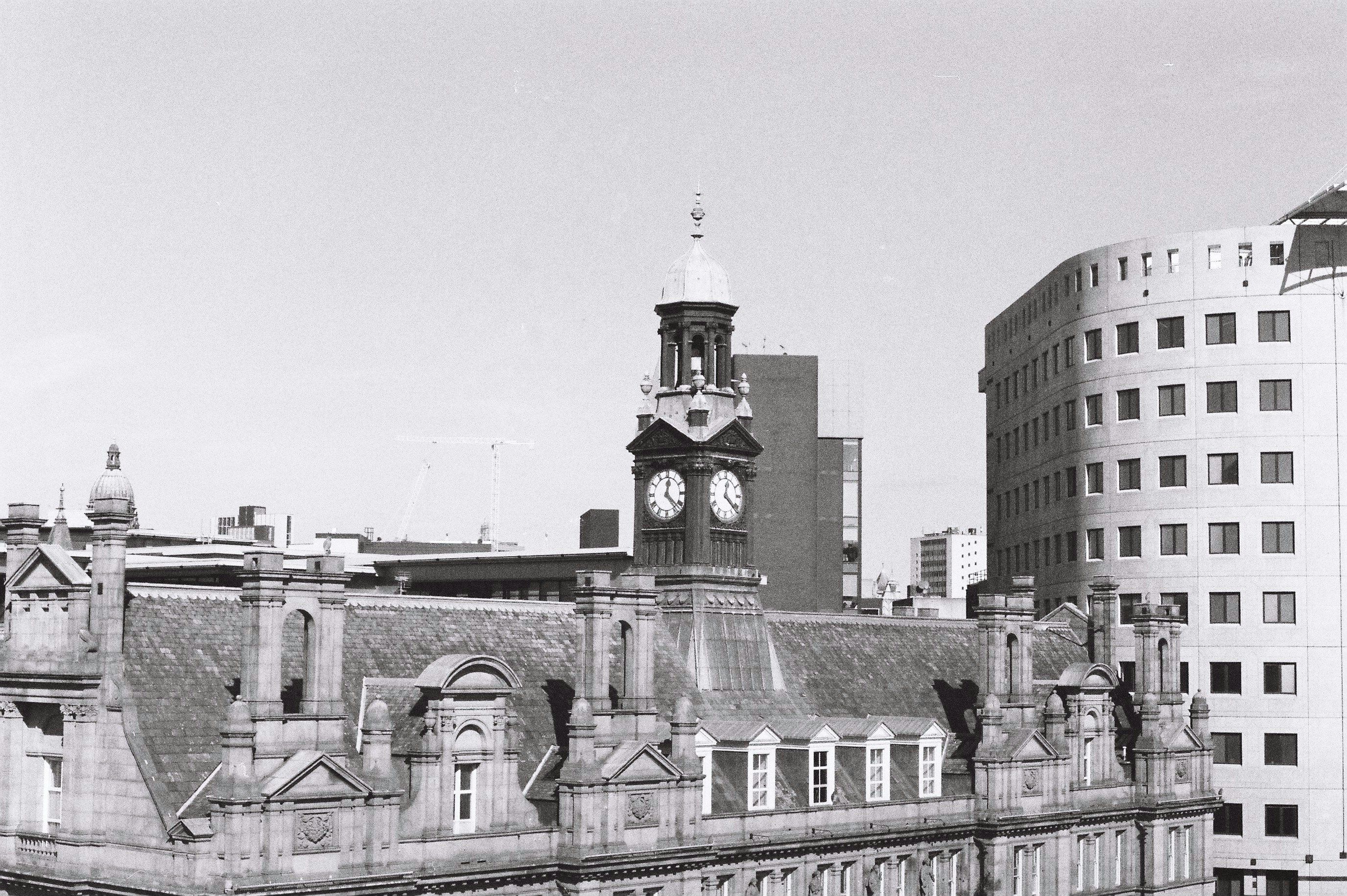Do you have a Lease Renewal Coming Up in 2025/26? Should You Plan Now or Later?

11th September 2025 - Alan Burkitt
Introduction
Commercial lease renewals often sneak up on landlords and tenants alike and by the time they’re upon the parties it’s often too late to take full advantage of the options available. If you’ve got a commercial lease renewal due in 2025-2026, a key question is: should you start planning now, or can it wait?
This article outlines why now is almost always the better answer - whether you’re a landlord or a tenant.
Why Timing Matters in Lease Renewals
Lease renewals are deceptively complex. They’re not just about agreeing a new rent figure, amendments to the following terms are common and they all require careful consideration from both sides:-
- Rent reviews
- Lease term lengths
- Break clauses
- Repair and reinstatement liabilities
- Service charge arrangements
- Energy efficiency obligations (such as MEES compliance)
- Use clauses and subletting provisions
Leaving things until the last minute often means reacting to the other party’s agenda, rather than shaping your own.
For Landlords - Protect Value and Minimise Vacancy Risk
If you’re a landlord, starting early helps you:
- Assess the tenant’s intentions - are they staying, going, or negotiating?
- Consider alternative strategies - re-letting, redevelopment, or repositioning the asset.
- Appoint advisors and get valuations - supporting your negotiating position with up-to-date market evidence.
- Allow time for Section 25 notices under the Landlord and Tenant Act 1954 (if the lease is inside the Act), which must be served correctly and with statutory lead times.
Waiting until the lease expiry date is on the horizon could result in a rushed negotiation or, even worse, a vacant unit and avoidable costs.
For Tenants - Secure Certainty and Negotiate Favourably
Tenants often assume the landlord holds all the cards - but early planning can shift the balance:
- Understand your rights under the 1954 Act if your lease is “inside the Act” - you may have an automatic right to renew.
- Review your business needs - do you need more space? Less? More flexibility?
- Start discussions early to lock in favourable terms, particularly if market rents are rising.
- Negotiate on improvements or repairs as part of renewal, rather than absorbing those costs post-agreement.
You’ll also want time to assess the EPC and repair obligations - especially if you’re inheriting responsibility for a property that may not meet modern standards.
EPCs, ESG and Energy Regulations
From 2027 onwards (subject to government decisions), commercial properties may need to hit EPC C or above to be legally let. If your property is currently E or below, this could:
- Affect your ability to renew a lease
- Create a negotiation point for rent reductions or improvement works
- Trigger costs or works before the lease can continue
Starting lease renewal discussions early allows time to address these issues proactively.
So… Should You Plan Now or Later?
In almost every case: plan now.
Whether you’re a landlord or tenant, early engagement leads to better outcomes. You’ll reduce risk, control costs, and have time to consider your options calmly - not under pressure.
If you’re approaching a lease renewal and want to understand your options in terms of:-
- Serving notices
- EPCs
- Renegotiating existing terms
Then please get in touch.

